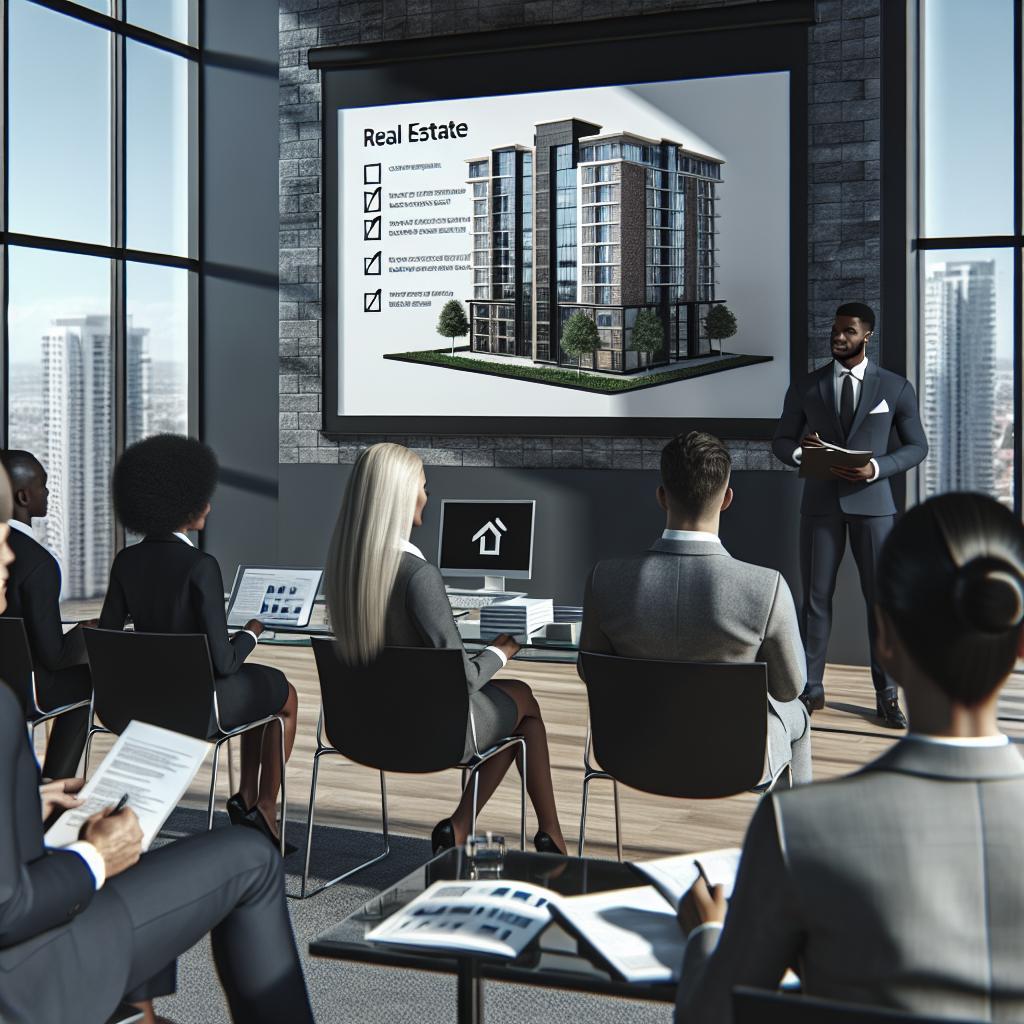Preparing a property for rental involves multiple steps to ensure it attracts quality tenants and generates consistent income. This comprehensive guide will walk you through the essential steps of taking out insurance, obtaining necessary permits, performing repairs and upgrades, determining rental charges, understanding legalities, and working with property management. Additionally, we’ll cover how to screen tenants, address pet policies, decide on property remodeling, and consider accepting Section 8 housing. Whether you’re a first-time landlord or an experienced property owner, you’ll find valuable insights and practical advice.
Take Out Insurance
Before leasing out your property, obtaining the right insurance is crucial. Standard homeowner’s insurance might not cover potential rental-related incidents. Instead, you’ll need landlord insurance, which provides coverage for property damage, liability protection, and loss of rental income due to events like fires or hurricanes. Ensure that you have adequate coverage to protect your investment from unexpected damages or legal claims. You should also consider additional insurance options based on your property location. For example, properties in flood-prone areas might benefit from flood insurance. Speak to an insurance agent to customize a plan that best suits your needs.
Get the Required Permits
Depending on your location, renting out property might require specific permits. These permits ensure your property meets local health and safety codes and zoning regulations. Failure to obtain necessary permits could result in hefty fines or legal issues down the road. Start by contacting your local county or city government office. They can provide detailed information on permits required for residential rentals. Keeping your property compliant with local regulations not only avoids penalties but also makes your property more attractive to potential tenants by ensuring it’s safe and legally sound.
Repairs and Upgrades
Quality tenants expect a well-maintained property. Conduct a thorough inspection of your property to identify necessary repairs and upgrades. Fix any structural issues, leaks, or electrical faults, and ensure that all appliances are in working order. Proper maintenance can prevent bigger problems and save you money in the long run. Consider making strategic upgrades that can increase your rental price. Modernizing the kitchen or bathrooms, upgrading flooring, or adding energy-efficient windows are effective ways to make your property more appealing. Remember, presenting a clean, updated home can attract higher-quality tenants who are willing to pay a premium for added comfort and amenities.
What Will You Charge?
Determining the right rental price is key to attracting tenants while ensuring a profitable return on your investment. Start by researching comparable properties in your area to understand the going rate. Consider factors like property size, location, condition, and available amenities when setting your price. It’s wise to strike a balance between maximizing your rental income and remaining competitive in the market. Overpricing might lead to prolonged vacancies, whereas underpricing can affect your profitability. Regularly reviewing and adjusting your rates based on the market will help keep your rental strategy effective.
Know the Law Before You List
Before listing your property, familiarize yourself with federal, state, and local laws governing rentals. These laws cover aspects such as tenant rights, security deposit regulations, and eviction procedures. Understanding these laws will help you stay compliant and avoid legal disputes. Fair housing laws are also crucial, prohibiting discrimination based on race, color, religion, sex, national origin, familial status, and disability. Ensure your rental policies and practices are non-discriminatory to foster a fair and inclusive environment.
Key Takeaways
– Take out specialized landlord insurance for comprehensive coverage. – Obtain necessary permits to ensure compliance with local regulations. – Conduct repairs and make strategic upgrades to enhance property appeal. – Set a competitive yet profitable rental price based on market research. – Stay informed about rental laws to avoid legal issues and promote fair housing practices.
Property Management Group
Deciding whether to manage your property yourself or hire a property management group depends on your availability and expertise. A property management company can handle tenant interactions, maintenance requests, rent collection, and legal matters, freeing up your time and reducing stress. Though hiring a management group involves an additional cost, usually a percentage of the monthly rent, it can be worth the investment, especially if you own multiple properties. They bring professional expertise to maintain your property efficiently and ensure tenant satisfaction.
How Do I Screen Tenants?
Screening tenants is a critical step to ensure you’re leasing to reliable and responsible individuals. Begin with a comprehensive rental application that includes personal details, employment history, and references. Conduct background checks and credit checks to assess the tenant’s financial stability and rental history. Interview potential tenants to gauge their suitability. Trust your instincts and look for red flags such as incomplete applications or inconsistent information. A thorough screening process helps mitigate risks like late payments or property damage.
Can I Ban Pets from My Rental?
Landlords have the right to create pet policies for their rental properties. You may choose to ban pets altogether or impose restrictions on the type, size, or number of pets allowed. However, consider the potential market impact; many tenants seek pet-friendly rentals, and accommodating them can broaden your tenant pool. If you decide to allow pets, consider charging a pet deposit or extra monthly rent to cover potential damages. Clear communication of your pet policy in the lease agreement will ensure all parties are aware of the rules.
Do I Have to Remodel My Home to Make It a Rental?
Remodeling a property is not always necessary to make it rental-ready. Focus on essential repairs and cleanliness rather than extensive remodeling. However, if your property is outdated or suffers from extensive wear and tear, selective remodeling can significantly enhance its appeal and justify higher rent. Evaluate your budget and the potential return on investment before undertaking major renovations. Sometimes, minor cosmetic updates such as new paint, improved lighting, and fresh landscaping can make a substantial difference without overwhelming costs.
Should I Accept Section 8?
Section 8 is a federal program providing rental assistance to low-income families. Participating in this program can ensure a steady rental income as the government pays a portion of the rent directly to the landlord. However, it comes with additional inspections and requirements. Evaluate the pros and cons of accepting Section 8 tenants for your property. Weighing the guaranteed income against the potential administrative burden will help you make an informed decision about participating in the program.
The Bottom Line
Preparing and managing a rental property involves careful planning and adherence to various regulations. By taking out appropriate insurance, obtaining necessary permits, and making strategic upgrades, you’ll make your property attractive to potential tenants. Understanding rental laws, setting the right price, and screening tenants effectively are crucial steps to successful property management. Whether managing on your own or employing a property management group, ensure your policies are clear, fair, and legally compliant. “`html
| Step | Key Considerations | Action Items |
|---|---|---|
| Take Out Insurance | Protect property and investment from risks | Get landlord insurance; consider flood insurance if needed |
| Get the Required Permits | Compliance with local regulations | Obtain necessary permits from local authorities |
| Repairs and Upgrades | Enhance property appeal and functionality | Conduct repairs; consider cost-effective upgrades |
| What Will You Charge? | Competitive and profitable pricing | Research market; set a balanced rental rate |
| Know the Law Before You List | Legal compliance and fair housing | Understand local, state, and federal rental laws |
| Property Management Group | Professional management vs. self-management | Decide if hiring a management group is beneficial |
| How Do I Screen Tenants? | Ensure reliable tenancy | Implement thorough application and background checks |
| Can I Ban Pets from My Rental? | Policy on pets and potential tenant impact | Determine pet policy; include in lease agreement |
| Do I Have to Remodel My Home to Make It a Rental? | Cost vs. attractiveness of the property | Focus on essential repairs; consider minor updates |
| Should I Accept Section 8? | Steady income vs. administrative requirements | Evaluate pros and cons of participating |
“`


